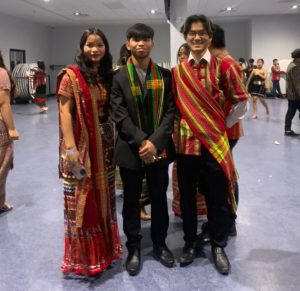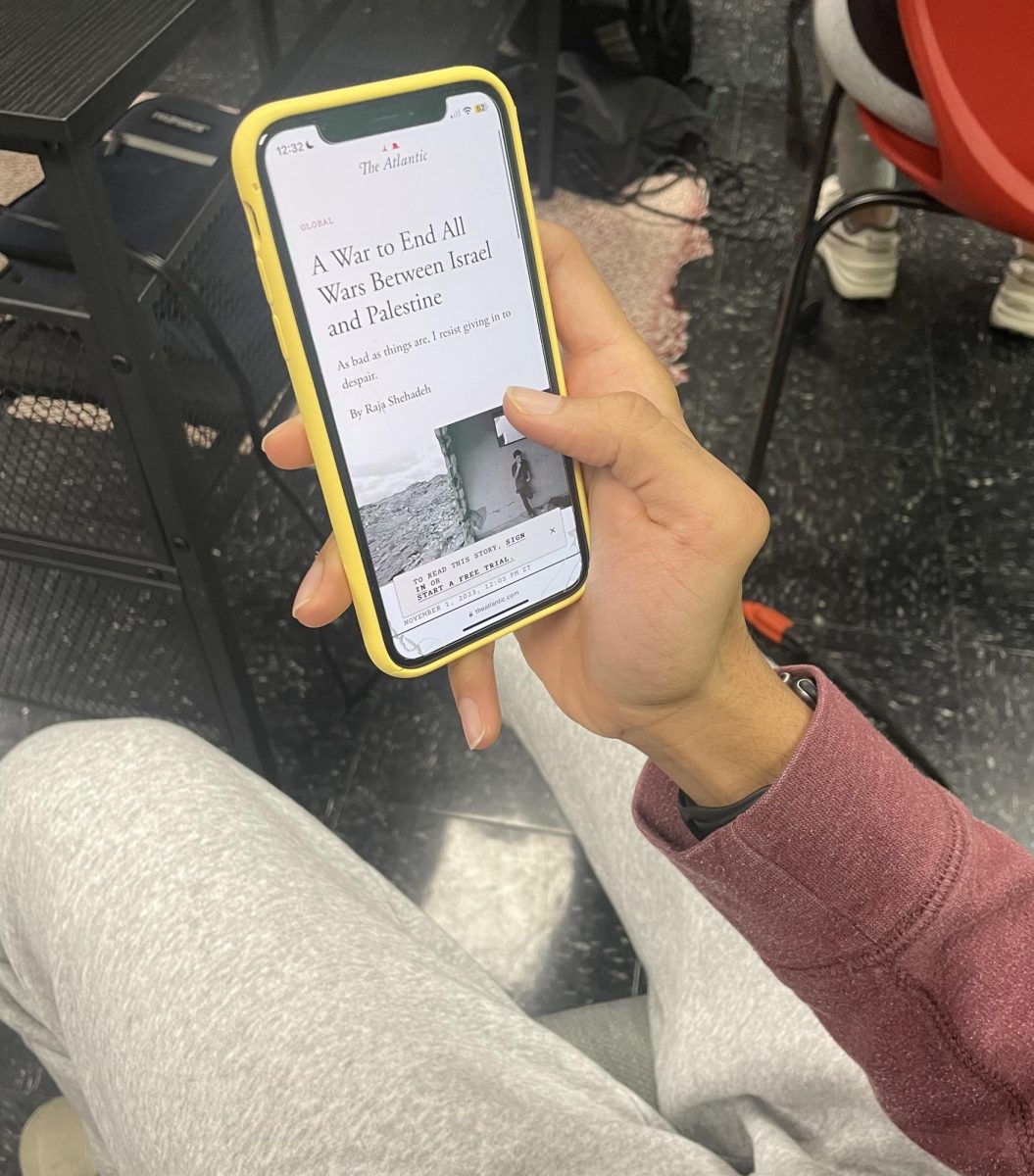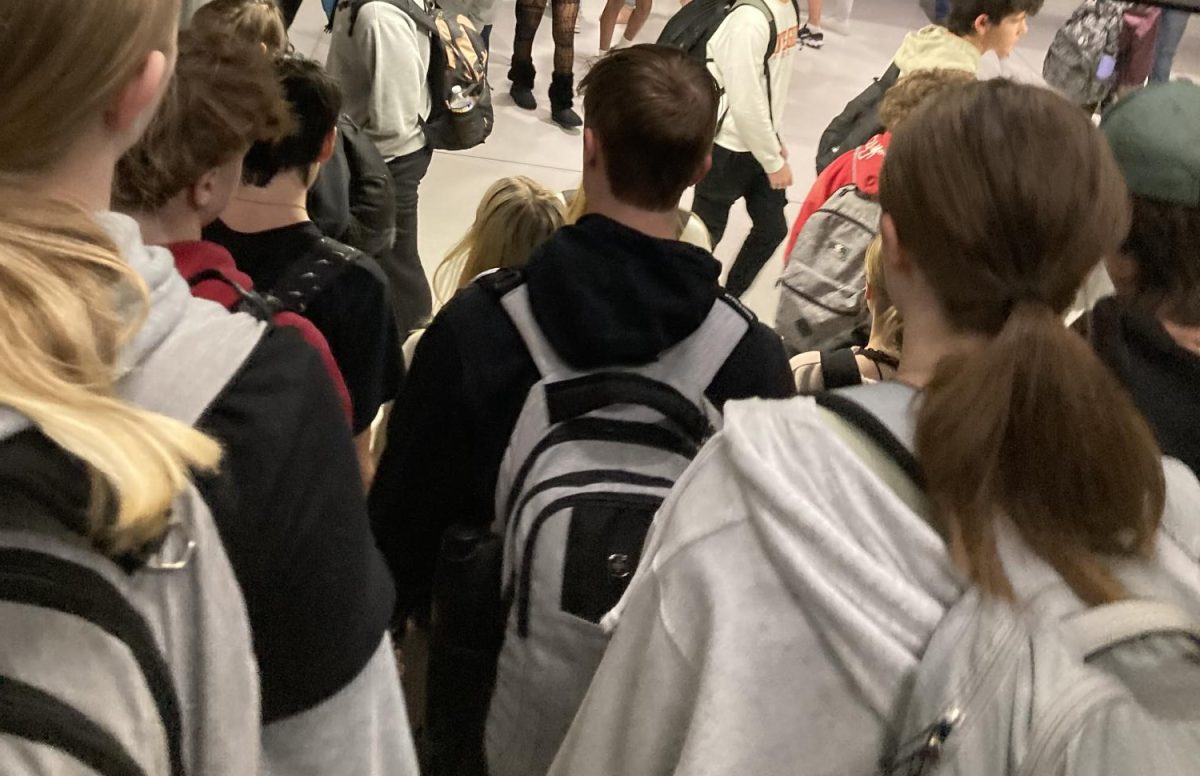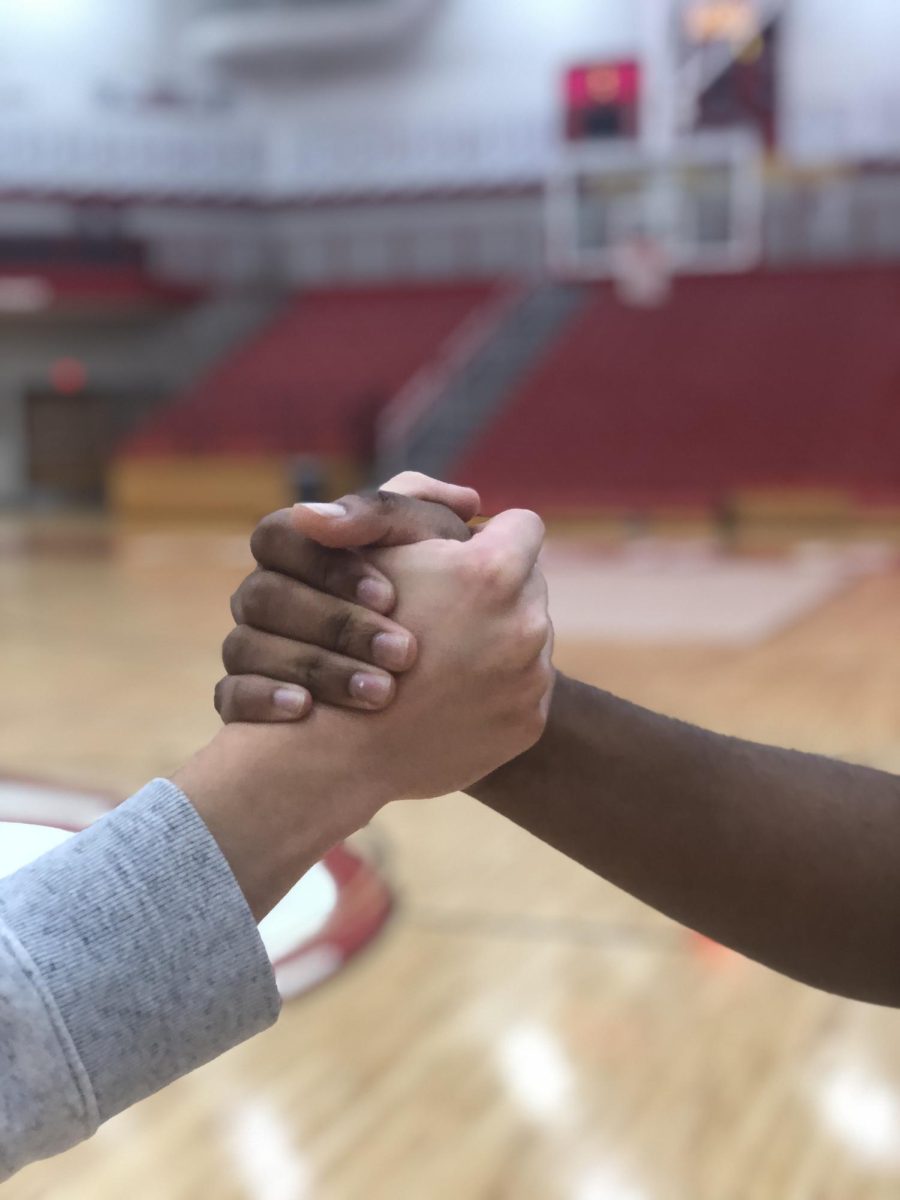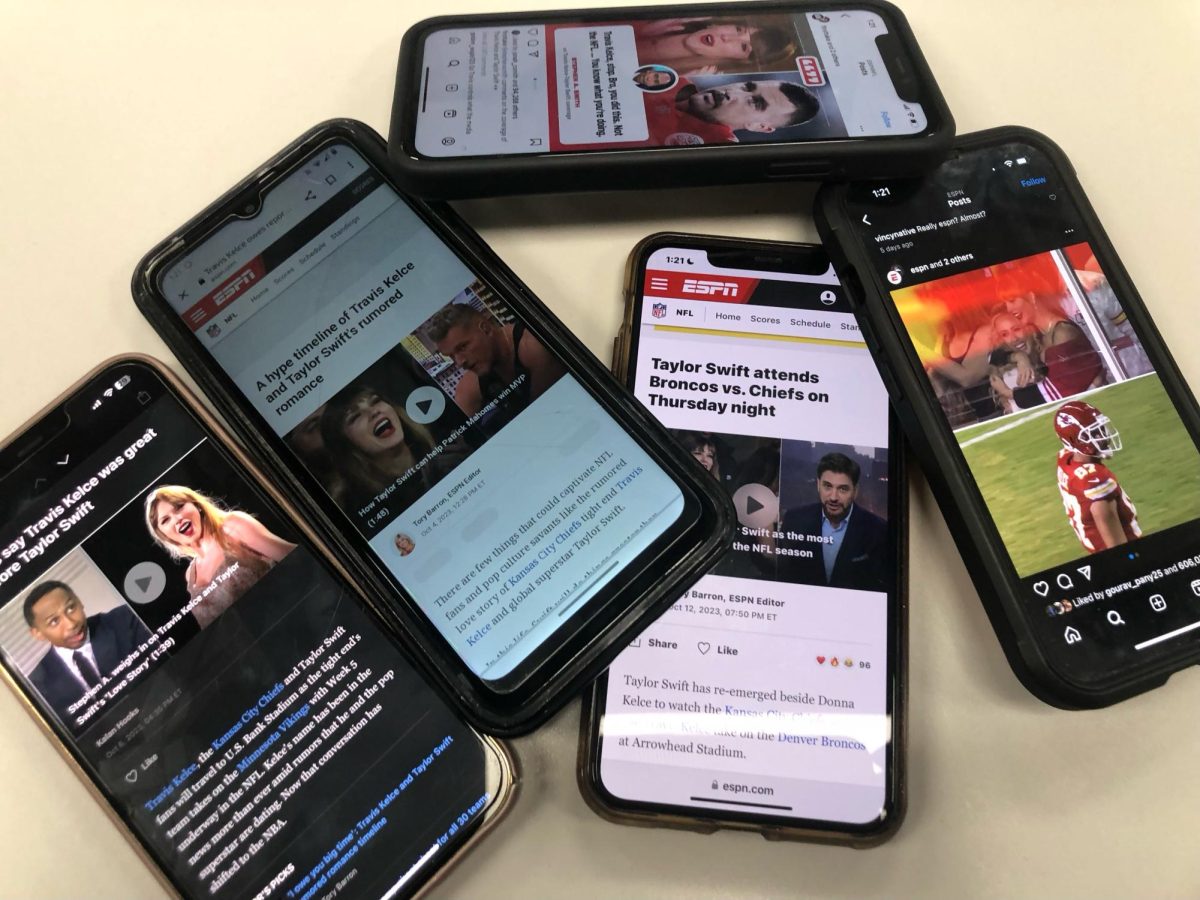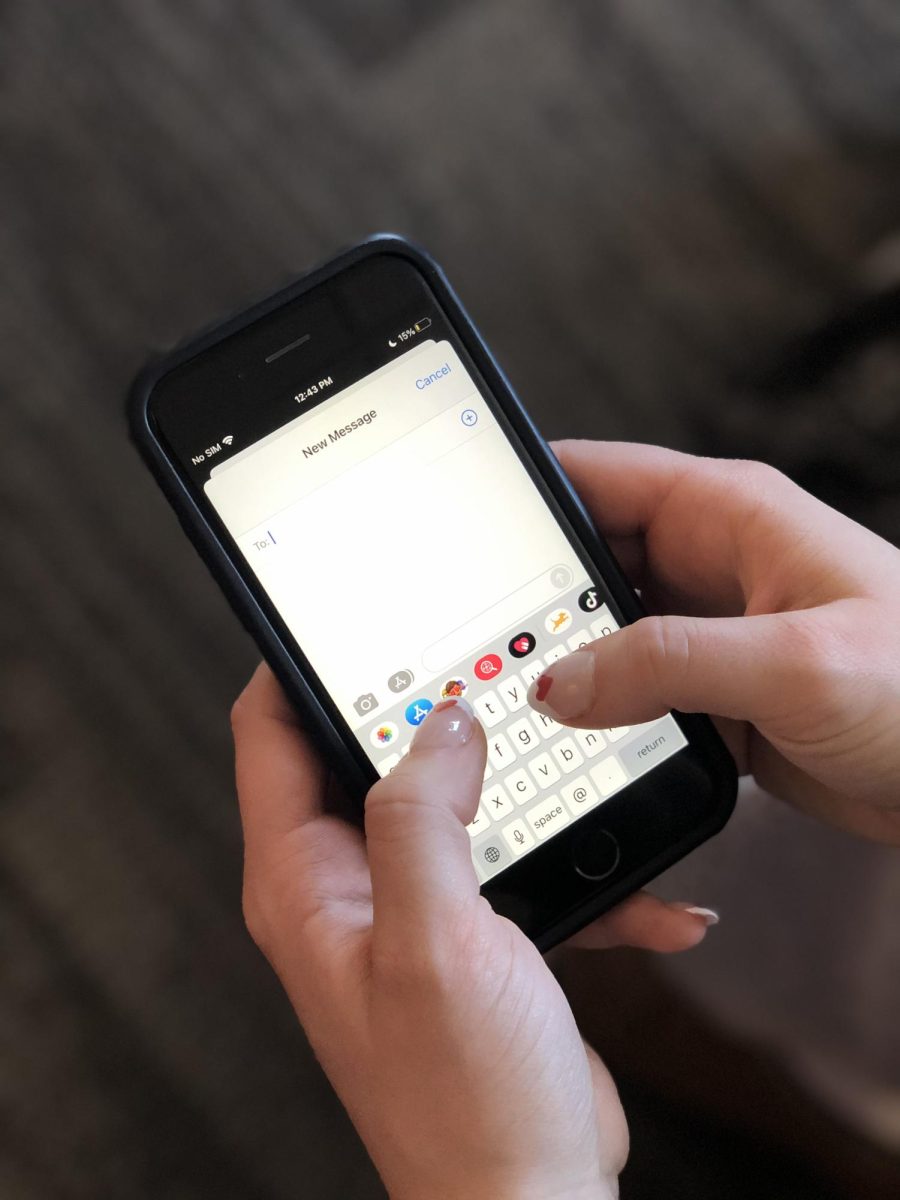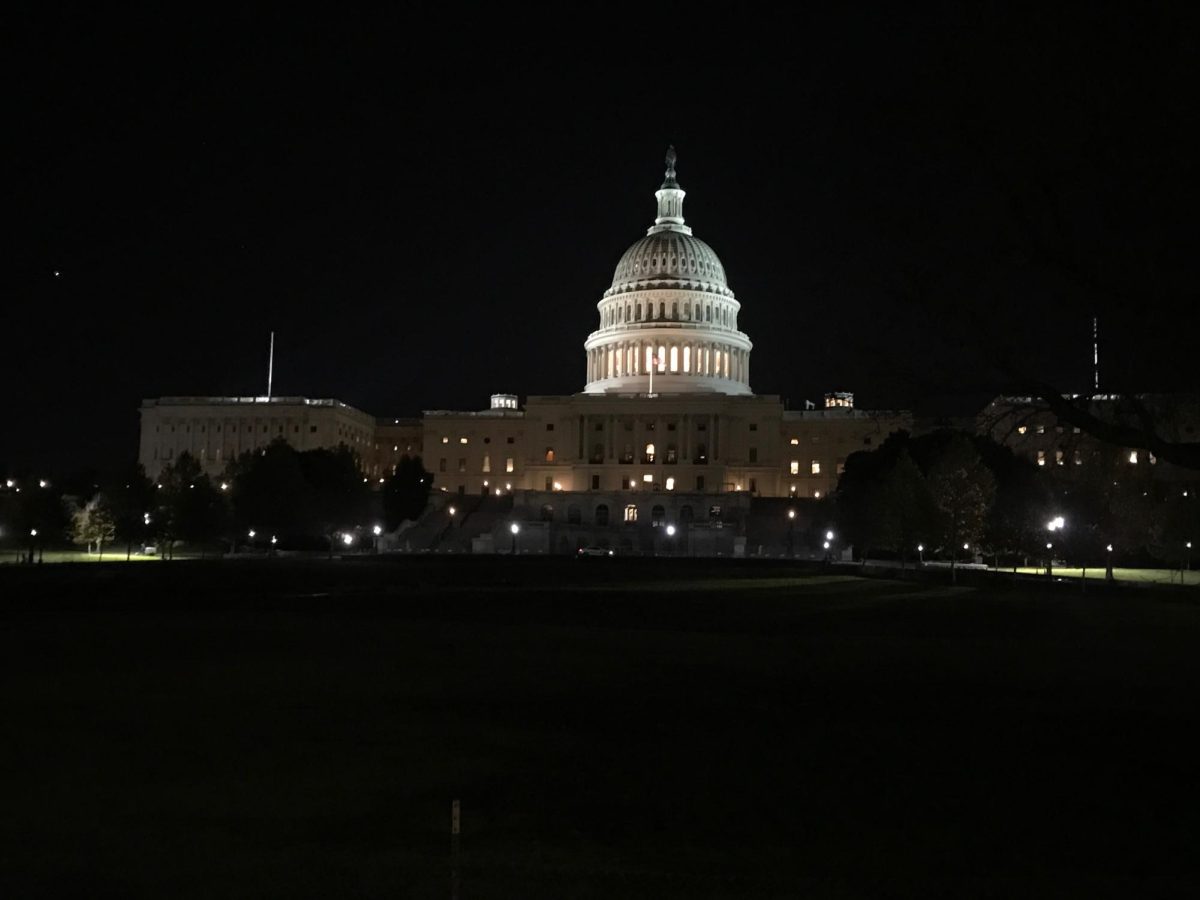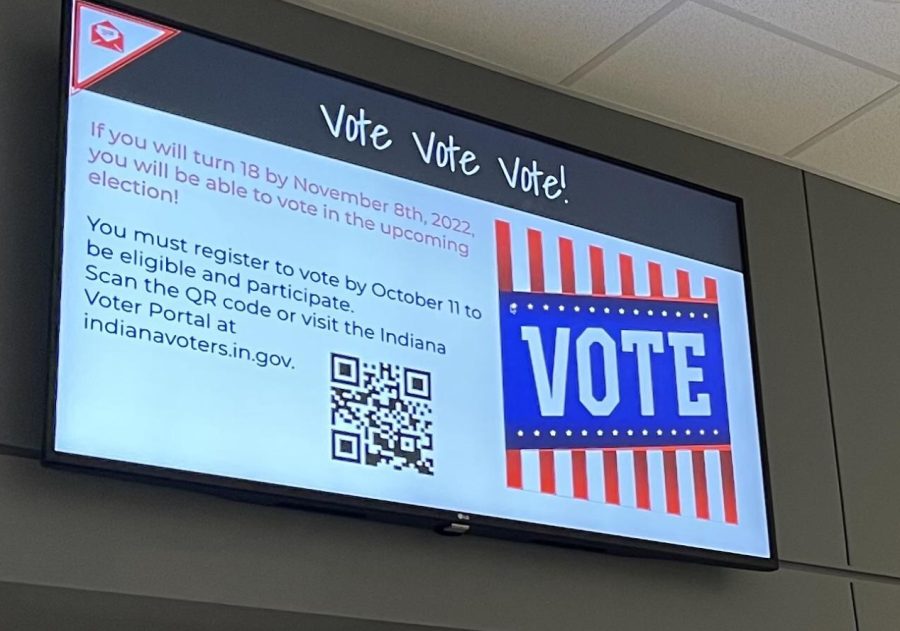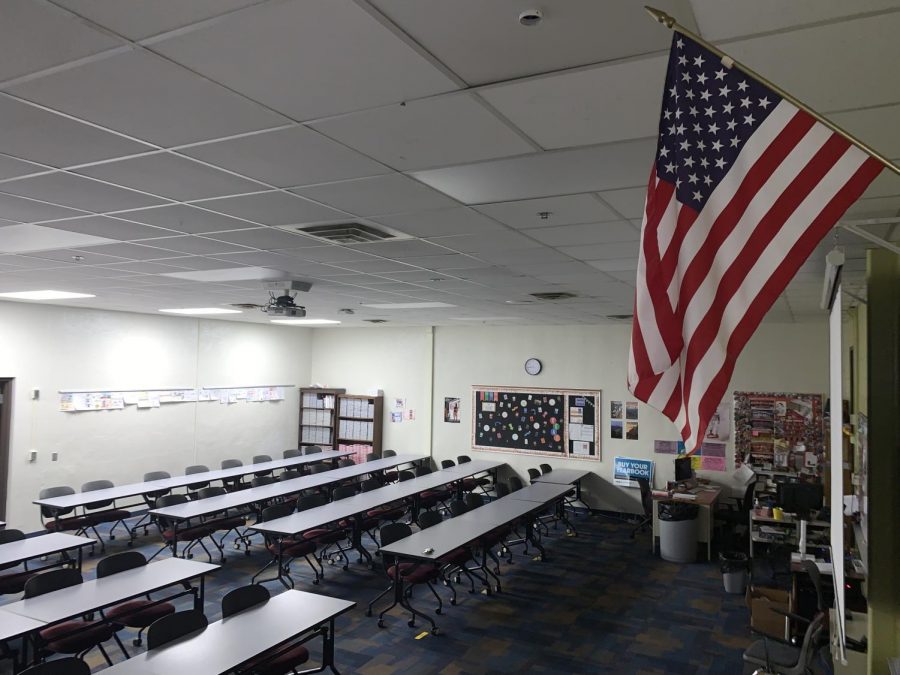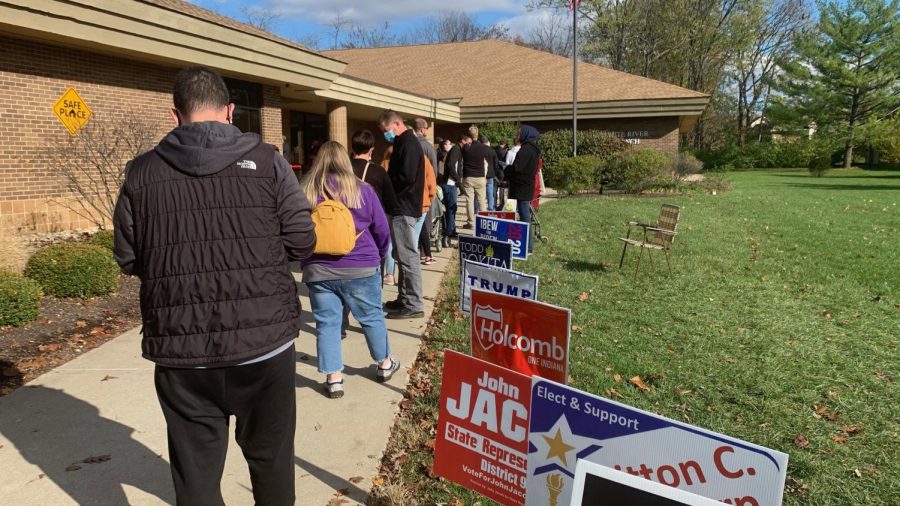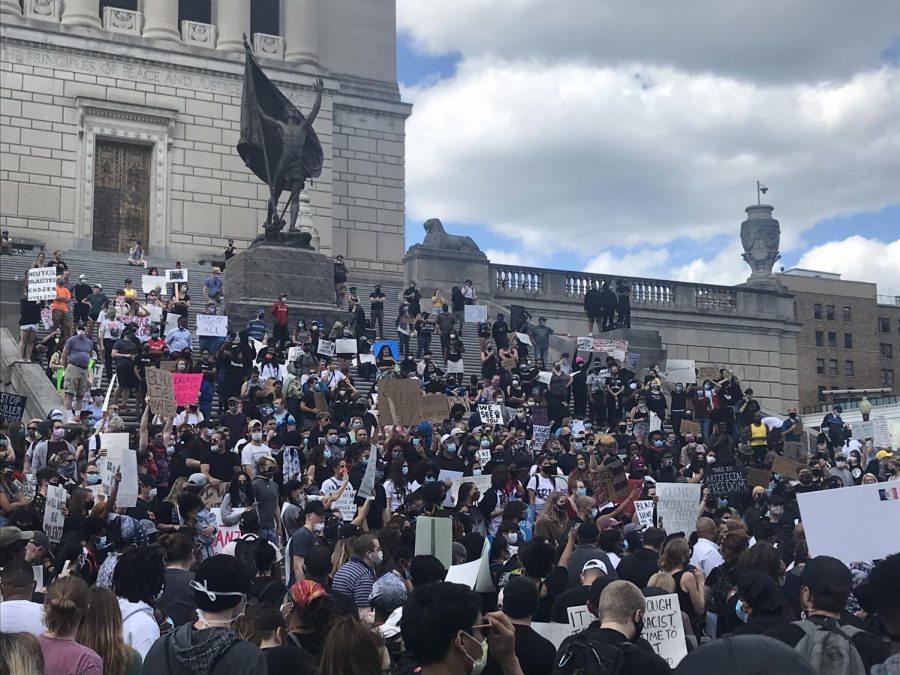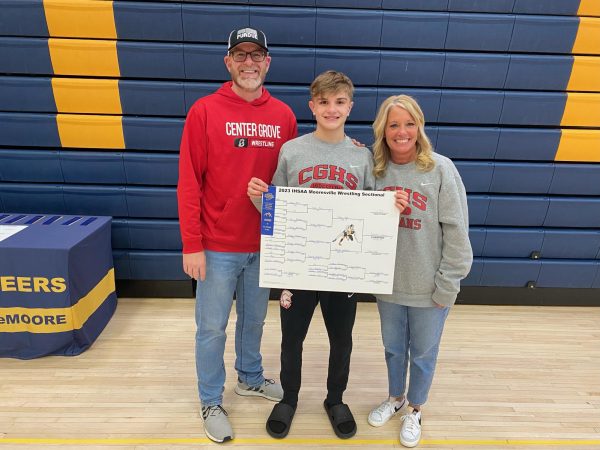I sat at the dinner table, dumbfounded as my sister picked and prodded at her Ragu-smothered penne with her fork and crumbled her baked-from-frozen garlic bread into little pieces of oily specks. Downtrodden, her appetite was brought to pass by a fear-mongering TikTok preaching of possible horrors on American soil as Hamas declared Friday the 13th a “Day of Rage.”
I have reflected on that subtle moment at irregular intervals throughout the past few weeks. It seemed bizarre; my sister was made so afraid by the thought of a possible terrorist attack happening at her doorstep. Her fear was so distinguished that she believed if she walked outside Hamas would park a van of explosives with her name on it and blow our small, suburban yard to kingdom come. It was ridiculous and unfoudned of a sophomore in high school. Then, I began to see the same stories. The same TikToks and Instagram Reels. The same terrifying exclamations of foreboding death and destruction to our nation and to the world.
We live in an age defined by biting fear. Beginning on September 11, 2001, our nation was forever changed in its perceptions of the struggle between living with freedom and living in security. Safety protocols in airports tightened substantially. Their new restrictions on what could and could not be brought into a plane became the subject of passing comedy and abject necessity in the same breath. The Patriot Act was enshrined into law, justifying wire-tapping and secret searches of born-and-raised Americans under the pretense of terrorist suspicion. The issue of school shootings brought fear into the safe haven of public education. Nuclear bomb drills from the Cold War had been substituted with the total darkness of a Code Red – math class replaced by the creeping anticipation of something terrible. In the world today, two conflicts of grave global consequence dominate the Eurasian and Middle Eastern theaters of foreign politics. A dictatorial powerhouse looks to conquer freedom fighters in the conflict of Russia-Ukraine, and two religiously-distinct rivals in Israel and Hamas viscerally war over long-disputed land – innocent citizens caught in the crossfire. It seems that comfort has dissipated – a figment of the past. We can only live in fear of what ghosts haunt our prospective futures.
With that being said, there is another story that needs to be told. This story begins with one Mark Zuckerberg and his advent of the social-networking platform, Facebook, and continues into our modern age, dominated by the short clips of TikTok and constant flow of updates on any matter of interests one could find on Instagram. In this story, the younger generations have made a distinctive foothold on these platforms. Scrolling for mindless hours has become commonplace for the members of these social-media giants – precious time for homework and chores forgone for the satisfaction of that next click. It has become commonplace for me, for my friends, for my sister. Unfortunately, it has become commonplace for the arbiters of fear as well.
Let’s be clear: there is nothing wrong with the transfer of knowledge of world events to the public through these platforms. Being notified of what is happening in our world is a necessary precursor to making fair judgments, being informed and forming opinions on important matters. However, there is something wrong with accounts on these platforms promoting a constant flash of doom-and-gloom; their entire purpose on the Internet is to terrify, to attract viewers by showing them something terrible and making them afraid, because this draws in more and more people to their page. This exact kind of account captured the eye of my sister and convinced her so much of her coming demise that she lost her appetite for dinner.
And thus, we find the art of doom-scrolling. When confronted with these atrocities so blatantly, so overblown and so out-of-proportion, people begin to spiral. They click on the account name and scroll through the rest of the videos to find out more and more of this indescribable horror. They type in the search bar to find more videos on the topic with more wide-eyed puppets, parroting the same talking points and the same declarations of doom. They keep scrolling and scrolling until they can’t bear to hear about how terrible our world has become, until they can’t eat another bite of dinner without throwing up.
Social media has brought positives and negatives to our age. I think it is time that we recognize a certain responsibility as consumers and producers of content. The current flow of information – one defined by hyperbole (and sometimes downright misinformation) in the name of views and clicks – is a toxin, leeching its petrifying poison into the impressionable minds of the youth. It is an abomination of greedy internet personalities seeking to strike fear in their audience, whether it is about possible violence or certain ingredients in the food at the grocery store or what the government is doing to subvert its citizens under the brim of our noses, so that they can get more likes or sell a product in their bios. We walk a fine line in a society that values free speech. Most countries do not allow such a phenomenon. If this right is so innate to our nature and so commonly denied to other parts of the world, we ought to treat it with the dignity it deserves. We have a moral responsibility to use social media correctly.
And to my fellow students and members of this generation, I ask one thing: put the phone down. Do not give these social-media platforms and fear-mongering personalities control. Social media has petrified a generation and left them unable to eat. All it takes is the press of a button to turn it off, to find that comfort and joy in the present once more.




